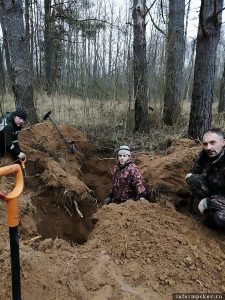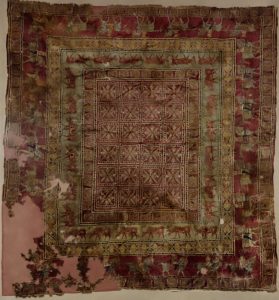Story By: Feza Uzay, Sub-Editor: Marija Stojkoska, Agency: Newsflash
Two mysterious 112-year-old glass vials have been found during restoration work in the area where the Gallipoli campaign took place.
The military campaign took place during World War I on the Gallipoli peninsula, Gelibolu in modern Turkey, from 17th February 1915 to 9th January 1916.
The Entente powers of Britain, France and Russia wanted to weaken the Ottoman Empire’s influence by taking control of the Turkish straits, but the campaign ended in an Ottoman victory.
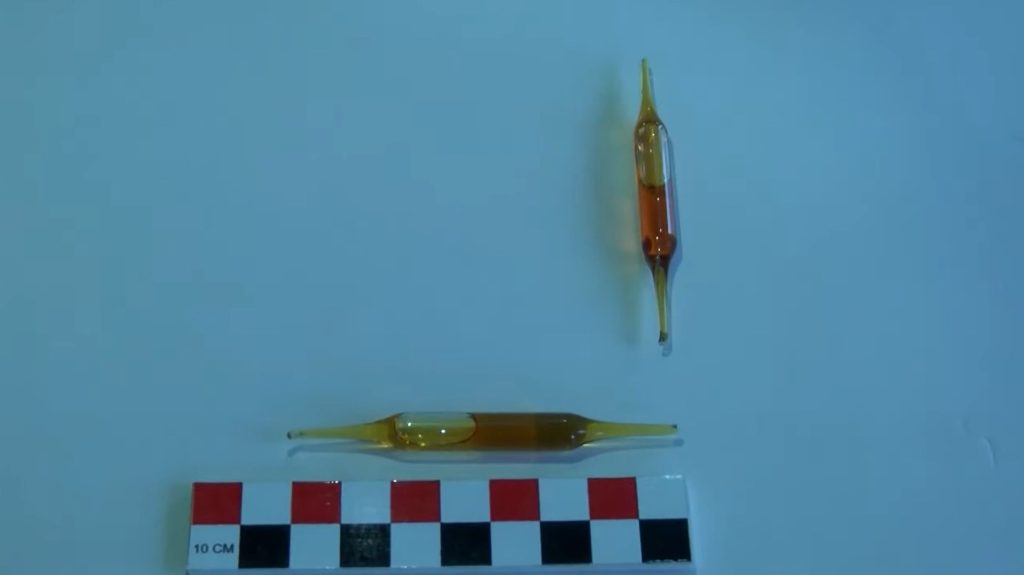
However, severely weakened by the Central Powers’ eventual defeat in the war, the Empire was broken up, leading to the Turkish War of Independence led by Mustafa Kemal Ataturk, who rose to prominence as a commander at Gallipoli, and the emergence of the Republic of Turkey.
The Gallipoli campaign is also significant for the Australian and New Zealand Armed Forces and Anzac Day on 25th April, the anniversary of the landings, is considered the most important remembrance of military casualties in the two countries, surpassing Remembrance Day.
During the restoration works carried out by the Gallipoli Historical Site Presidency on the walls of the Namazgah Bastion in the village of Kilitbahir in the district of Eceabat in the Turkish province of Canakkale, two 10-centimetre glass serum vials, determined to be packaged in 1910, were recently found.
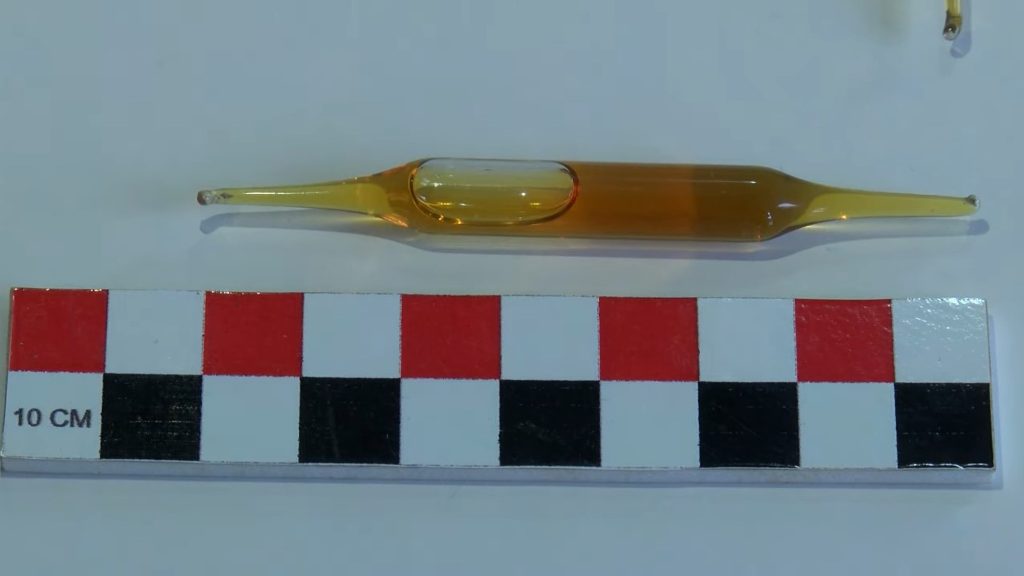
Ismail Kasdemir, Head of the Gallipoli Historical Site, said: “During restoration work on the fortification walls, two vials that could have been in the soldiers’ bags at that time were found.
“The medicine stored in these glass vials has survived to the present day. As a result of the sensitivity during our restoration works, it was removed from the place where it was found without breaking.”
Kasdemir said the vials are of high historical and spiritual importance.
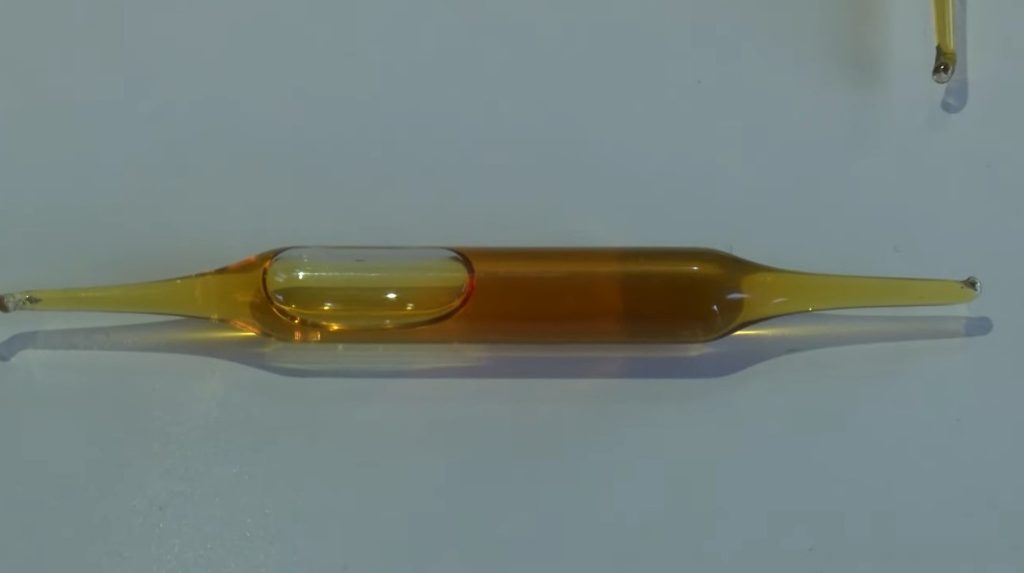
After undergoing analysis, the 112-year-old glass vials will be exhibited at the Canakkale Saga Promotion Centre.

